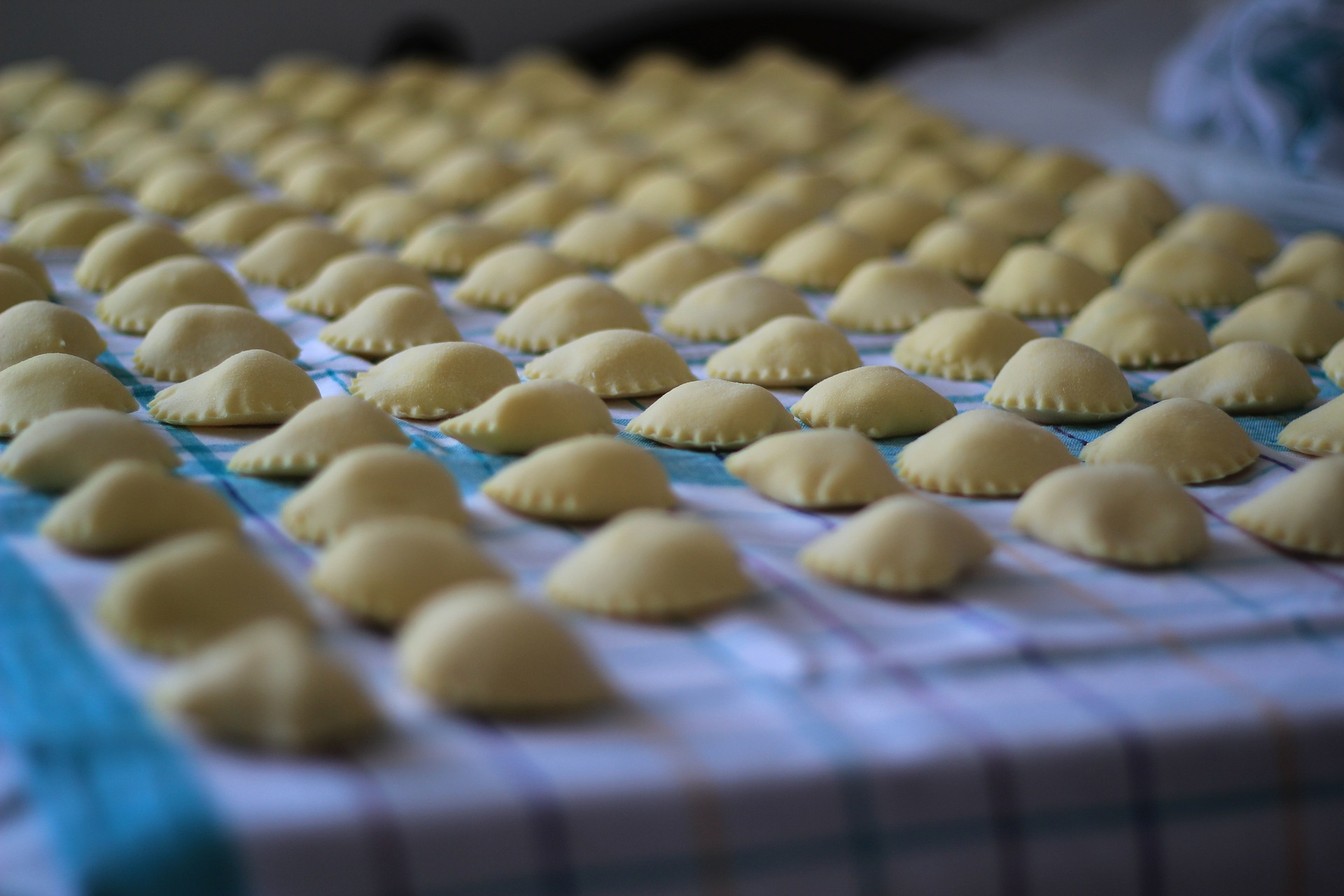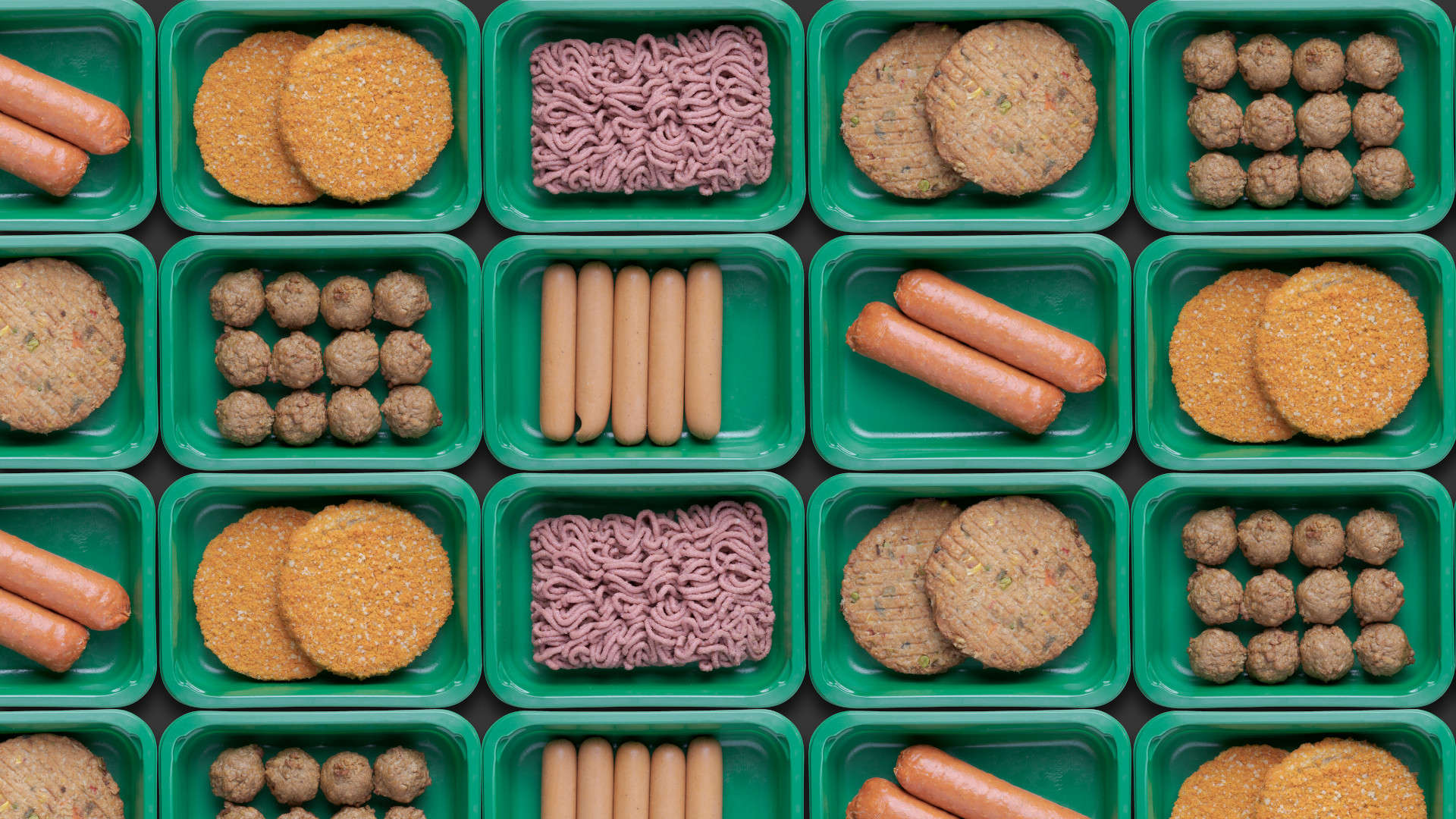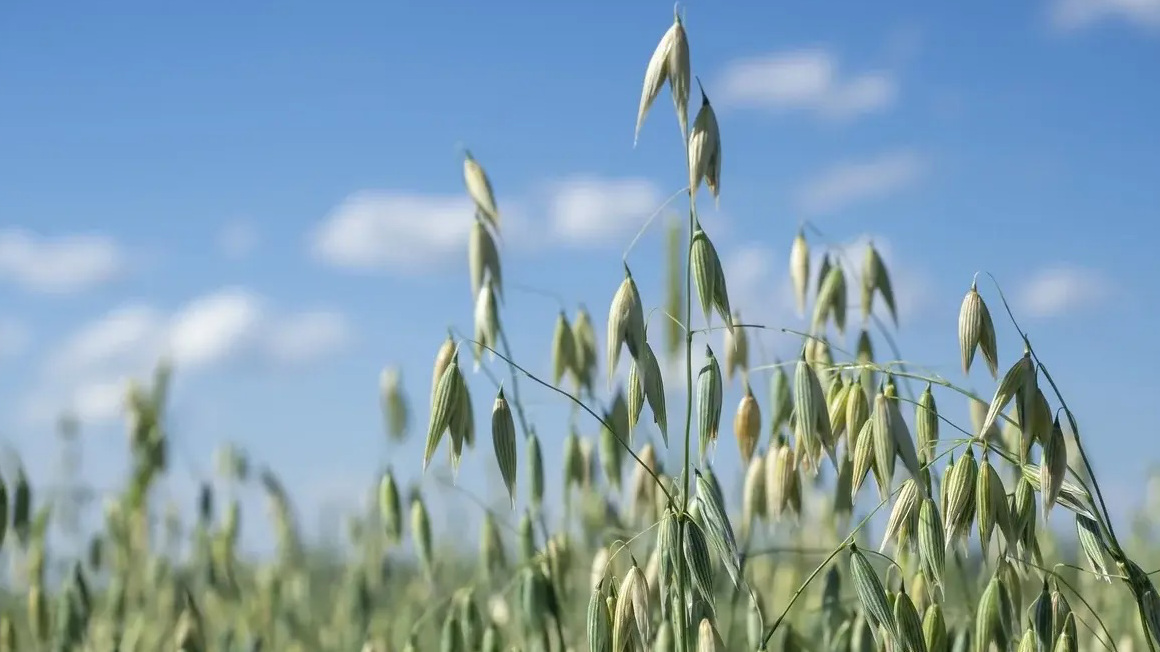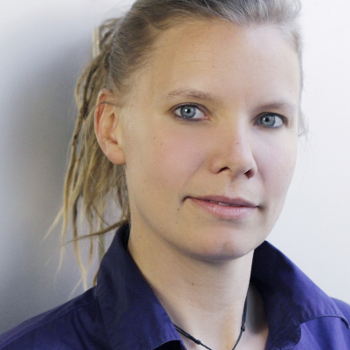
Prior to the study, pasta with spirulina filling was identified as a promising product idea. Spirulina algae are protein sources that can be produced in Germany independently of usable farmland. They are a possible alternative to satisfy the increasing demand for animal proteins and yet limit livestock farming for meat production with its ecological consequences.
In a second step, the popularity of different pasta fillings was tested. For this purpose, a total of 420 consumers in Germany, the Netherlands and France were tasted with spirulina pasta under standardised conditions. The fillings differed in their algae content and were each offered in different flavours.
The study showed that a higher level of awareness of spirulina was associated with a higher sensory popularity of algae pasta. Increasing the level of awareness through marketing measures is therefore conducive to acceptance. Furthermore, it was confirmed that in the development of new products it is essential to involve consumers in the process at an early stage in order to adapt recipes to tastes and develop successful meat alternatives.
Incidentally, the test persons' favourite was a pasta filling made from spirulina, lemon and basil.


